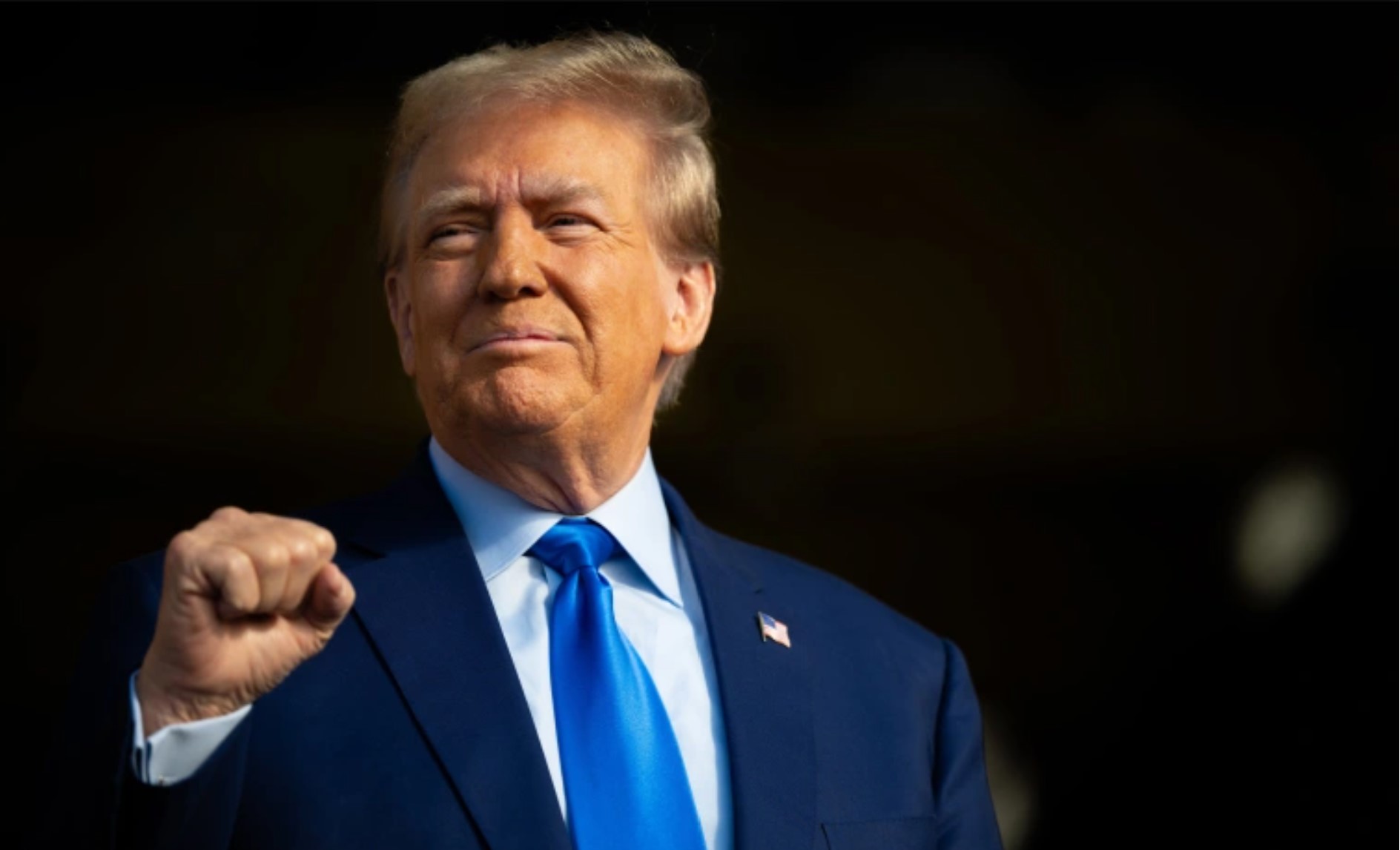
The Minnesota Supreme Court on Wednesday denied a petition to remove former President Donald Trump from the state’s Republican primary ballot. The court deliberated whether or not to accept the case in advance.
The justices said in a brief opinion and order by Chief Justice Natalie Hudson of the Minnesota Supreme Court that the petition was “dismissed without prejudice.”
A liberal organization, Free Speech for People, filed a lawsuit on behalf of eight local voters, alleging that the secretary of state’s decision to place President Trump on the ballot would be a “mistake.”
In Chief Justice Hudson’s opinion, “there is no “error” to correct here as to the presidential primary election if former President Trump’s name is placed on the presidential primary ballot after the President of the Republican Party of Minnesota to provide his name to the Secretary of State”.
“Since there is no error to correct here with respect to the presidential nominating primaries and petitioners’ other claims regarding the general election are unripe, the petition must be dismissed,” he wrote.
He further submitted that the petitioners would be free to re-file the claim relating to the general election poll despite this dismissal.
President Trump issued a statement about the decision on Truth Social.
“Ridiculous 14th Amendment lawsuit just rejected by Minnesota Supreme Court. Meritless, unconstitutional. Kudos to everyone who fought this HOAX!” He wrote
Chief Justice Hudson bluntly wrote in the opinion that it is consistent with state law to allow President Trump to appear on the ballot if the state’s Republican party determines that he meets its requirements. Minnesota Supreme Court
“There is no state statute that prohibits a major political party from running on the presidential nominating primary ballot or sending delegates to the national convention supporting a candidate who is ineligible for office,” he wrote.
“These are internal party elections to serve internal party purposes.”
NOW READ:
The Dutch MP sounds the alarm that the EU is moving fast towards digital identity